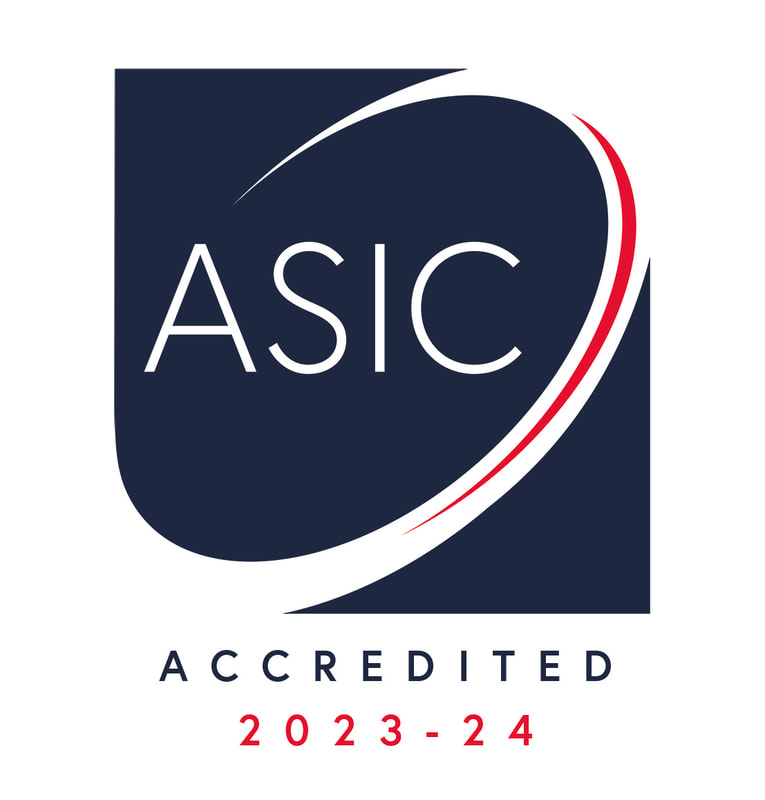EUAAB Qualifications are unique and of great value to the learner. EUAAB Qualifications are developed within EQF/ISCED framework. EUAAB qualifications are generally accepted by all the member states of the EU as part of Article 165 of the Lisbon Treaty.*
*The Lisbon Recognition Convention, officially the Convention on the Recognition of Qualifications concerning Higher Education in the European Region is an international convention of the Council of Europe elaborated together with the UNESCO. As of 2012, the Convention has been ratified by all 47 member states of the Council of Europe in Strasbourg except for Greece and Monaco. It has also been ratified by the Council of Europe non-member states Australia, Belarus, the Holy See, Israel, Kazakhstan, Kyrgyzstan and New Zealand. Canada, Tajikistan and the USA have signed but not ratified the Convention.
The Convention stipulates that degrees and periods of study must be recognised unless substantial differences can be proved by the institution that is charged with recognition. Students and graduates are guaranteed fair procedures under the Convention. It is named after Lisbon, Portugal, where it was signed in 1997, and entered into force on 1 February 1999 (or later in some countries, subject to ratification date).
Article 165
1. The Union shall contribute to the development of quality education by encouraging cooperation between Member States and, if necessary, by supporting and supplementing their action, while fully respecting the responsibility of the Member States for the content of teaching and the organisation of education systems and their cultural and linguistic diversity.
The Union shall contribute to the promotion of European sporting issues, while taking account of the specific nature of sport, its structures based on voluntary activity and its social and educational function.
2. Union action shall be aimed at:
– developing the European dimension in education, particularly through the teaching
and dissemination of the languages of the Member States,
– encouraging mobility of students and teachers, by encouraging inter alia, the academic recognition of diplomas and periods of study,
– promoting cooperation between educational establishments,
– developing exchanges of information and experience on issues common to the education systems of the Member States,
– encouraging the development of youth exchanges and of exchanges of socio educational instructors, and encouraging the participation of young people in democratic life in Europe,
– encouraging the development of distance education.
– developing the European dimension in sport, by promoting fairness and openness in sporting competitions and cooperation between bodies responsible for sports, and by protecting the physical and moral integrity of sportsmen and sportswomen, especially the youngest sportsmen and sportswomen.
3. The Union and the Member States shall foster cooperation with third countries and the competent international organisations in the field of education and sport, in particular the Council of Europe.
4. In order to contribute to the achievement of the objectives referred to in this Article,:
– the European Parliament and the Council, acting in accordance with the ordinary legislative procedure, after consulting the Economic and Social Committee and the Committee of the Regions, shall adopt incentive measures, excluding any harmonisation of the laws and regulations of the Member States,
– the Council, on a proposal from the Commission, shall adopt recommendations.
Source: http://www.lisbon-treaty.org
*The Lisbon Recognition Convention, officially the Convention on the Recognition of Qualifications concerning Higher Education in the European Region is an international convention of the Council of Europe elaborated together with the UNESCO. As of 2012, the Convention has been ratified by all 47 member states of the Council of Europe in Strasbourg except for Greece and Monaco. It has also been ratified by the Council of Europe non-member states Australia, Belarus, the Holy See, Israel, Kazakhstan, Kyrgyzstan and New Zealand. Canada, Tajikistan and the USA have signed but not ratified the Convention.
The Convention stipulates that degrees and periods of study must be recognised unless substantial differences can be proved by the institution that is charged with recognition. Students and graduates are guaranteed fair procedures under the Convention. It is named after Lisbon, Portugal, where it was signed in 1997, and entered into force on 1 February 1999 (or later in some countries, subject to ratification date).
Article 165
1. The Union shall contribute to the development of quality education by encouraging cooperation between Member States and, if necessary, by supporting and supplementing their action, while fully respecting the responsibility of the Member States for the content of teaching and the organisation of education systems and their cultural and linguistic diversity.
The Union shall contribute to the promotion of European sporting issues, while taking account of the specific nature of sport, its structures based on voluntary activity and its social and educational function.
2. Union action shall be aimed at:
– developing the European dimension in education, particularly through the teaching
and dissemination of the languages of the Member States,
– encouraging mobility of students and teachers, by encouraging inter alia, the academic recognition of diplomas and periods of study,
– promoting cooperation between educational establishments,
– developing exchanges of information and experience on issues common to the education systems of the Member States,
– encouraging the development of youth exchanges and of exchanges of socio educational instructors, and encouraging the participation of young people in democratic life in Europe,
– encouraging the development of distance education.
– developing the European dimension in sport, by promoting fairness and openness in sporting competitions and cooperation between bodies responsible for sports, and by protecting the physical and moral integrity of sportsmen and sportswomen, especially the youngest sportsmen and sportswomen.
3. The Union and the Member States shall foster cooperation with third countries and the competent international organisations in the field of education and sport, in particular the Council of Europe.
4. In order to contribute to the achievement of the objectives referred to in this Article,:
– the European Parliament and the Council, acting in accordance with the ordinary legislative procedure, after consulting the Economic and Social Committee and the Committee of the Regions, shall adopt incentive measures, excluding any harmonisation of the laws and regulations of the Member States,
– the Council, on a proposal from the Commission, shall adopt recommendations.
Source: http://www.lisbon-treaty.org



